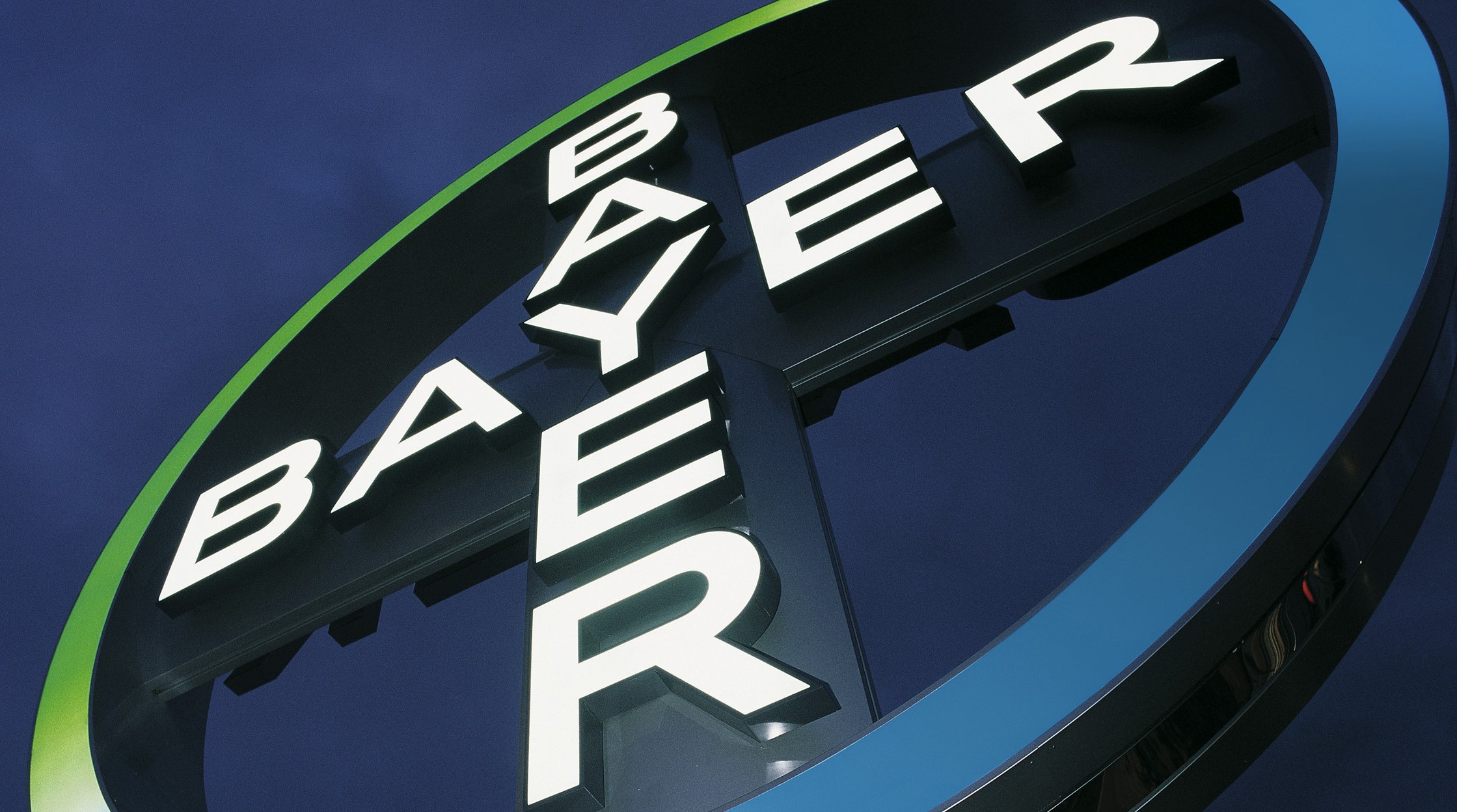Bayer confirms sale of animal health unit to Elanco for $7.6bn

The rumoured sale of Bayer’s animal health unit to Elanco has been confirmed as going ahead, with the German company set to make $7.6 billion from the sale.
The divestment will make Elanco the second-largest company in the animal health sector – behind Zoetis and ahead of Merck & Co/MSD and Boehringer Ingelheim – and will boost its operating cash flow by around $1 billion within three years, with $275 to $300 million in potential cost savings.
Bayer’s animal health unit made around $1.8 billion in sales last year, and is one of the top brands in the flea, tick and worm control product category.
For Bayer, it provides a cash injection as it faces escalating liabilities related to its $63 billion acquisition of Monsanto, focusing on claims its Roundup herbicide brand causes cancer.
Judgments against the company were running at a tally of around $2.4 billion when reports of the sale first emerged last month. Some analysts have suggested the total liabilities could eventually reach the $5 to $10 billion range, which would be tough even for a company of Bayer’s scale to absorb.
Bayer is being paid $5.3 billion in cash for the unit, with the remaining $2.3 billion coming in the form of Elanco shares, and the deal is expected to close in the middle of next year if it gets regulatory and antitrust clearance.
Elanco is still weighed down with debt since spinning out of Eli Lilly last year and it had been anticipated that Bayer would have to take part of the sale price in stock to get the deal through. In a statement, Bayer said its intention is to exit its Elanco stake “over time.”
Animal health is only the latest divestment by Bayer as it narrows down its focus on higher-margin operations like human pharmaceuticals and tries to kickstart growth, whilst also raising money that can be invested in its pharma pipeline.
The animal health deal comes after the group shed its Coppertone sun care business for $550 million in May and footwear brand Dr Scholl’s for $585 million last month, as well as the sale of its 60% stake in German chemical site operator Currenta for around $1.2 billion.
Bayer chief executive Werner Baumann said the selloff “enhances our focus as a global leader in life sciences” and delivers one of the group’s key priorities “ahead of schedule.”
Analysts at Citi told Reuters that Bayer is now expected to buy back shares to offset the lower earnings per share it will post as a result of the divestments.












